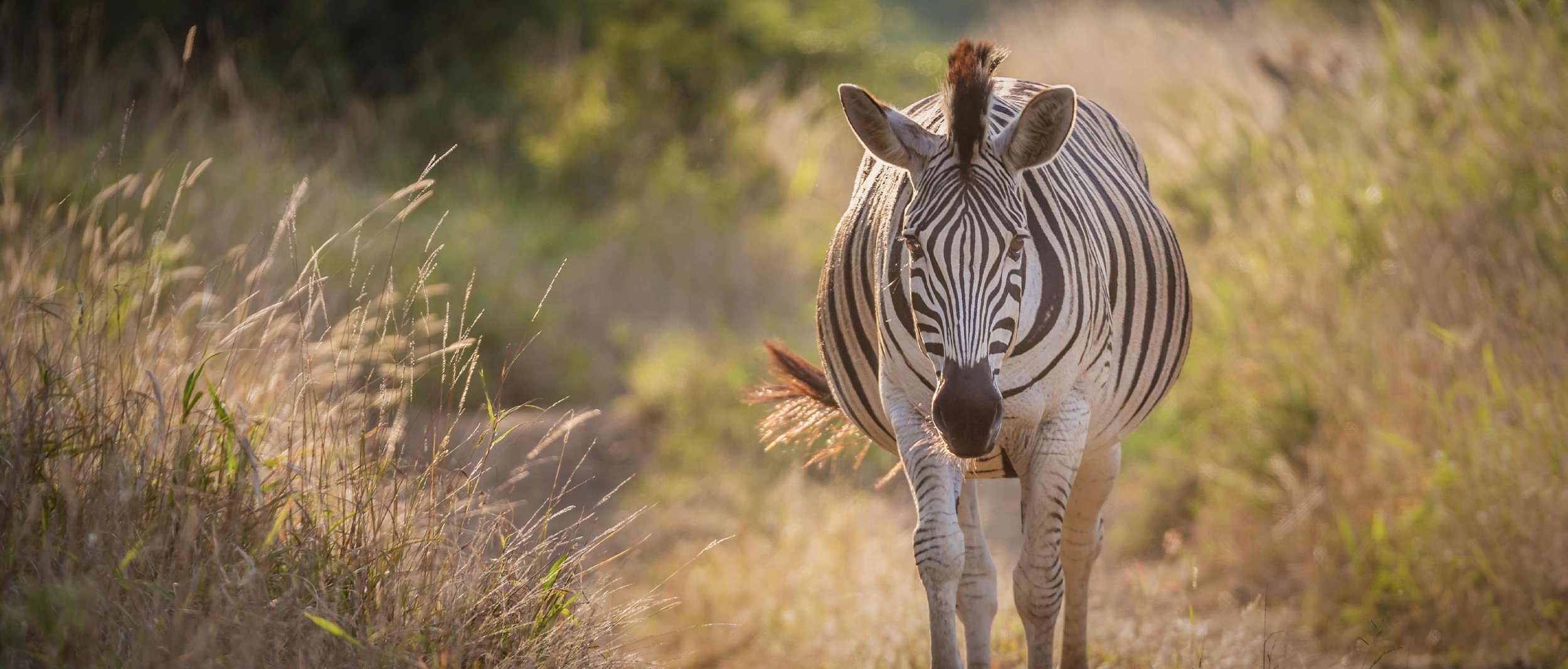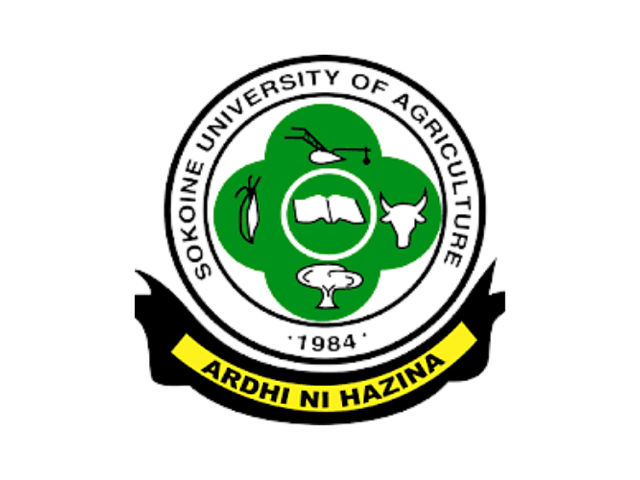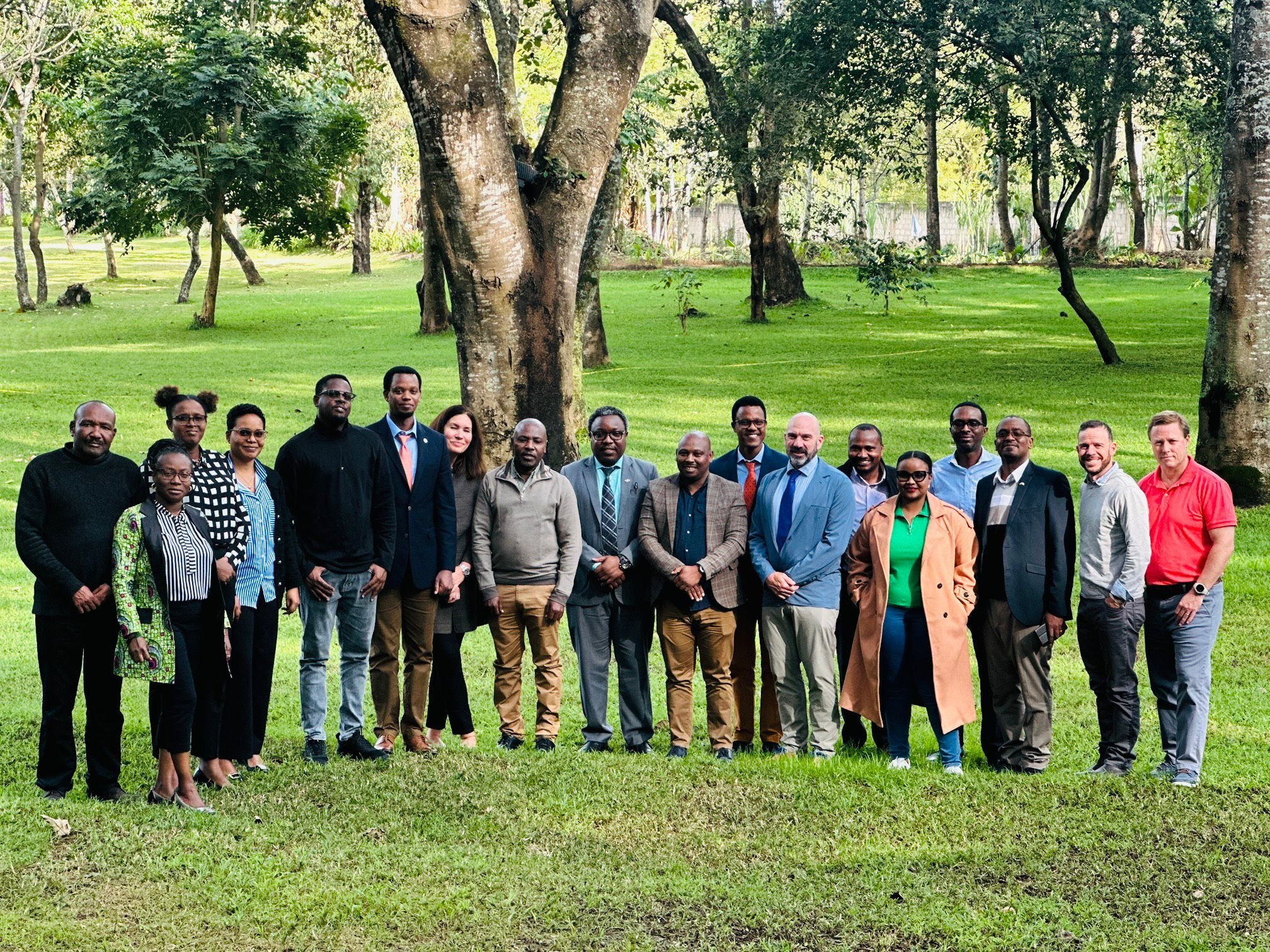
The Tanzania Chapter of the HWCRN.
The Human Wildlife Coexistence Research Network’s Tanzania Chapter was launched during a workshop in Arusha in July 2024. The purpose of this workshop was to bring Tanzanian stakeholders together to discuss Human-Wildlife Relationships (HWR) in the country and to establish a Tanzania chapter of the HWCRN.
The Tanzania Chapter workshop was held in the Serena Hotel in Arusha on July 12, 2024. The first portion of the meeting focused on summarising our gleaned insights from the field trip and contextualising it with the experiences in the room. Then, the focus shifted to understanding existing knowledge, tools, and actions already deployed to address these human-wildlife challenges in Tanzania. The second part of the meeting focused on the problems (and driving forces), barriers, and potential solutions for the challenges of HWR in Tanzania. The final portion of the meeting consisted of a discussion to identify areas of focus for the HWCRN and found the Tanzania chapter.
Tanzania Chapter Members
-

John T. Mgonja (PhD)
College of Forestry, Wildlife and Tourism (CFWT), Sokoine University of Agriculture & Tanzania Chapter Co-Lead
-

Judith Charles Rauya
The Nature Conservancy/Community Wildlife Management Areas Consortium (CWMAC) & Tanzania Chapter Co-Lead
-

Benjamin Dotto
National Environment Management Council (NEMC)
-

Francis Nyamhanga
National Environment Management Council (NEMC)
-
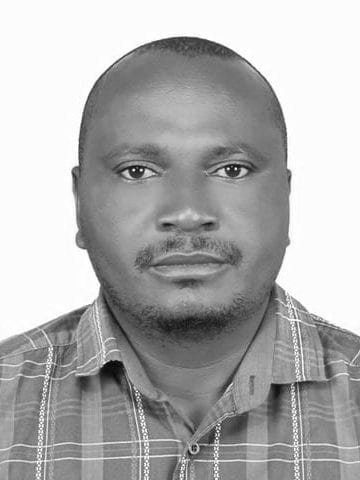
Gastor Jerome Lyakurwa
College of African Wildlife Management (CAWM-MWEKA)
-

David Castico
Tanzania People Wildlife
-

William Meitamei
Ngorongoro Conservation Area Auhority (NCAA)
-

Sam Shaba
Honeyguide
-

Myriam Mujawamariya (PhD)
University of Rwanda (College of Science and Technology)
-

Dennis Ikanda (PhD)
World Wide Fund for Nature (WWF) Tanzania
-

Matana Levi Ng'weli
Tanzania Wildlife Research Institute (TAWIRI)
-
Amani S. Kitegile (PhD)
The Sokoine University of Wildlife, Department of Wildlife Management
-
Geoffrey Riungu (PhD)
Hospitality & Events Management, Moi University, Kenya
-
Jim Ayorekire (PhD)
Tourism Planning and Management, Makerere University, Uganda
The group discussed how human-wildlife interactions in Tanzania can be better managed, and specifically identified areas of action and focus for the HWCRN. The group agreed to form the Tanzanian Chapter of the HWCRN. In the initial stages of the Chapter, the group will be chaired by Dr. John T. Mgonja of Sokoine University of Agriculture and Judith Charles Ranya of Community Wildlife Management Areas Consortium (CWMAC). The group will meet monthly for the remainder of 2024 to generate momentum, and then will move to a quarterly cadence of meetings.
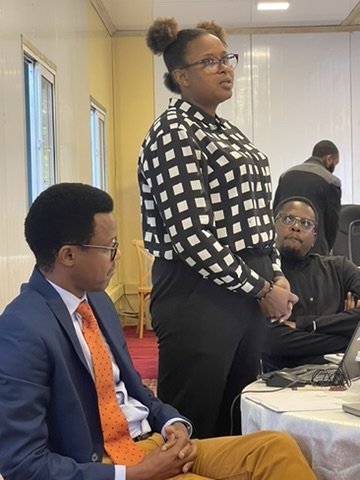


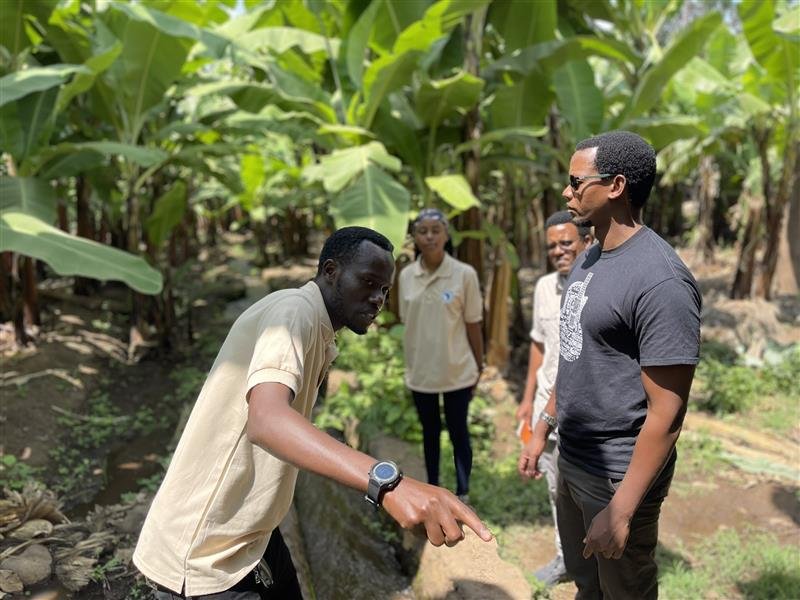
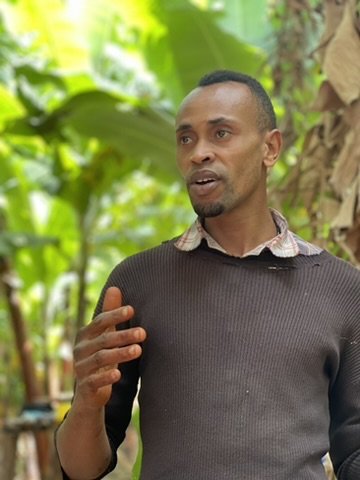

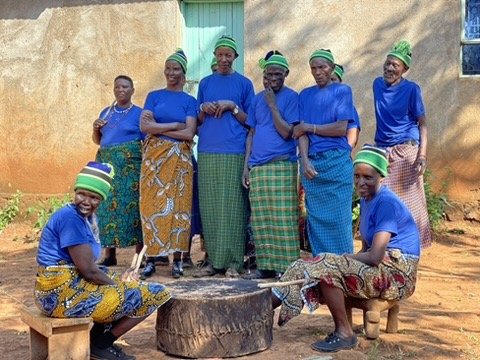
Tanzania Priority Action Areas
2024/2025.
-
Government stakeholders play a crucial role in enhancing access to information regarding Human-Wildlife Coexistence Research (HWCR) in Tanzania. Their involvement is essential to establish a transparent and efficient system that facilitates the free flow of relevant data and insights among various institutions.
To achieve this, it would be beneficial to create a comprehensive data management framework. This framework should outline the processes for data collection, storage, sharing, and utilization, ensuring that all stakeholders have clear guidelines to follow. Additionally, developing a protocol for collaboration between the Human-Wildlife Co-existence Research Network (HWCRN) and key Tanzanian institutions, such as the Tanzania National Parks Authority (TANAPA) and the Tanzania Wildlife Research Institute (TAWIRI), would strengthen partnerships and foster trust.
Such initiatives could lead to improved decision-making and resource allocation in wildlife conservation efforts. By promoting more accessible and better-managed information resources, stakeholders will be better equipped to address the challenges and opportunities in human-wildlife coexistence in Tanzania. Engaging government entities in this process will be vital to furthering these objectives and ensuring sustainable practices moving forward.
-
Where possible, create a repository of information that is available for the Tanzanian context. HWCRN experts to tag ‘HWCRN’ in their Google Scholar profiles, work with TANAPA to identify key studies and research needs and feed into TANAPA’s work and priorities.
-
Host a Zoom-based series of ‘ask the expert’ that brings academic experts together with the Tanzanian park management community. Create videos with wildlife and HWR experts for a YouTube channel, create posters, fact sheets, case studies focused on interventions, animal behaviors and academic insights (including corridor restoration work underway). Create policy briefs for governments and the existing Caucaus of park authorities (where revenue sharing and compensation systems are currently under discussion).
-
The group should consider how connections can be made with the US embassy and USAID in Tanzania where funding may be available for HWR-related work. Regular searches should be conducted and shared via email, and visibility/collaboration on potential grant proposals should be circulated within the Chapter.
Tanzania Webinar Series:
The HWCRN’s Tanzania Chapter is excited to launch a new webinar series designed to consolidate its work and support park managers in addressing human-wildlife conflict issues in Tanzania’s protected areas. This series will provide a platform for participants to engage directly with experts, ask specific questions, and gain practical insights into managing conflicts with wildlife effectively. Through these sessions, we aim to facilitate local knowledge-sharing on conservation efforts and human-wildlife conflict mitigation and identify practical, real-world solutions.
Find the recording of our first webinar session down below !
